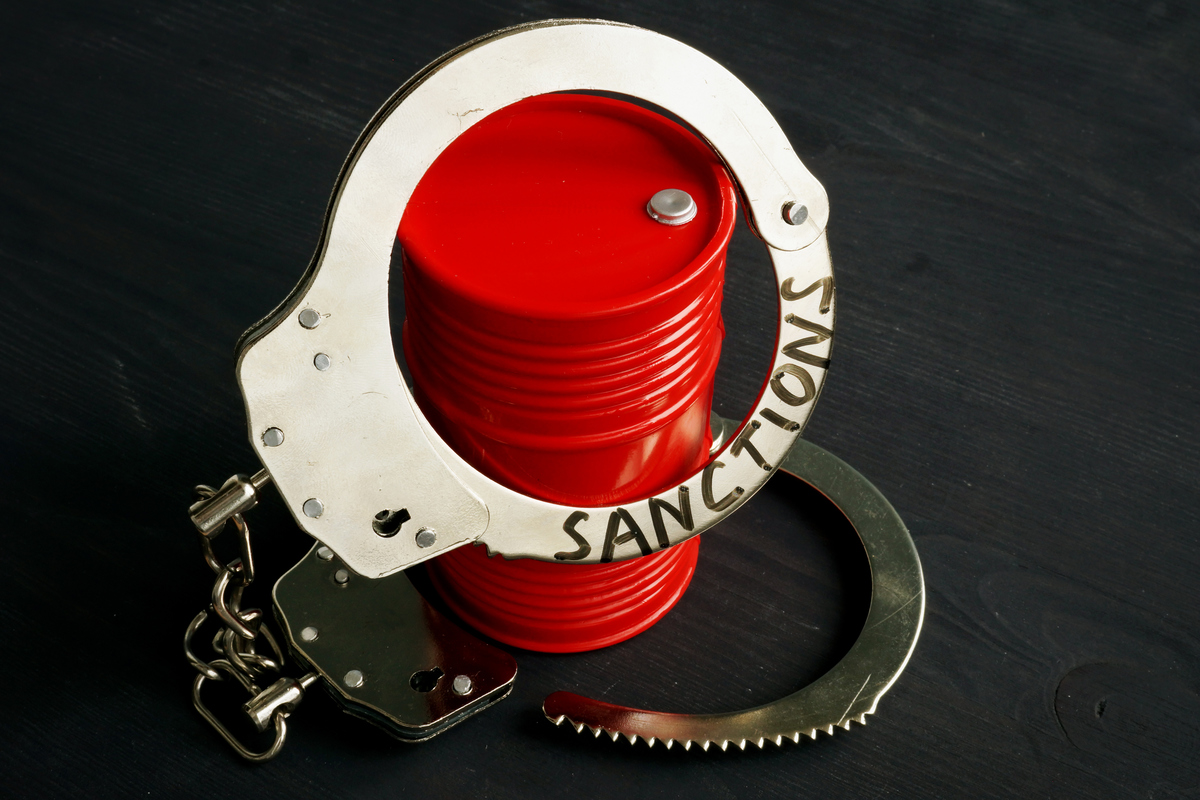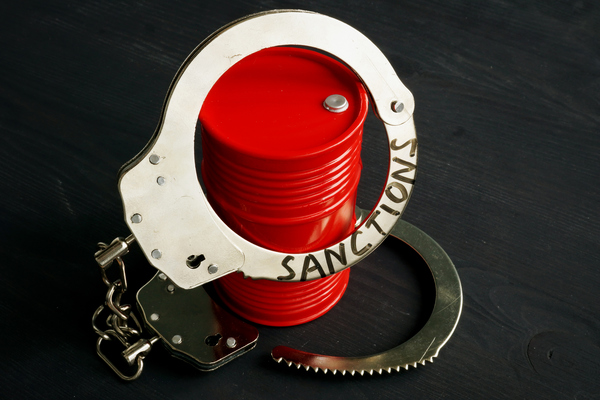The Price Cap Coalition advises maritime and oil sectors on sanction compliance
The coalition has issued seven recommendations for both government and the maritime industry stakeholders involved in crude oil and refined petroleum products trade, the US Treasury Department said.
 PHOTO: Flags of the G7 member countries. Getty Images
PHOTO: Flags of the G7 member countries. Getty Images
The price cap coalition of G7 members – Canada, France, Germany, Italy, Japan, the UK, US, and the “non-enumerated member” EU – and Australia previously set oil price cap policy along with a variety of economic measures in response to Russia’s invasion of Ukraine.
The coalition has argued that a “shadow” trade has become prominent over the course of time, “often involving actors and cargo affiliated with countries and persons subject to sanctions or associated with other illicit activity.” The vessels engaging in shadow trade called “shadow fleet,” are older ships, many of which are operating past their traditional lifespans.
“Bad actors may use deceptive practices to gain or maintain access to Price Cap Coalition services to transport Russian oil or petroleum products to be sold above the price cap,” said the coalition. As a result, the coalition has issued an advisory with seven recommendations for the maritime and oil industry to combat shadow trade:
- Vessel operators should ensure that vessels have continuous and appropriate maritime insurance coverage from legitimate insurance providers, for the entirety of their voyages.
- Industry stakeholders must ensure that the vessels receive classification from a member society of the International Association of Classification Societies (IACS).
- Vessel operators should install Automatic Identification Systems (AIS) onboard and promote the continuous broadcasting of AIS throughout a voyage.
- Vessel operators should monitor high-risk ship-to-ship transfers to avoid environmental and safety risks.
- Shipping and ancillary costs need to be carefully monitored, especially for industry stakeholders involved in the Russian oil trade that use “Cost, Insurance, Freight” contracts. Billing of “commercially unreasonable” costs needs to be viewed as a sign of potential price cap evasion.
- Industry stakeholders should carry out appropriate due diligence. It is more important for ships "that have undergone numerous administrative changes (e.g., re-flagging)."
- Report vessels that set off concerns about illicit practices. Industry stakeholders should report unsafe maritime oil trade, including suspected breaches of oil price caps to relevant authorities.
In February, the coalition set two price caps on Russian refined products. A price cap of $100/bbl on products such as diesel and gasoil that trade at a premium to crude and a cap of $45/bbl on products like fuel oil that are traded at a discount to crude.
The coalition also restricted services, including insurance, for sea transportation of Russian crude oil and petroleum products unless they were bought and sold below the price caps.
“By adopting the recommendations included in this advisory, industry stakeholders can reduce their exposure to possible risks associated with recent developments in the maritime oil trade,” the coalition said.
By Aparupa Mazumder
Please get in touch with comments or additional info to news@engine.online






